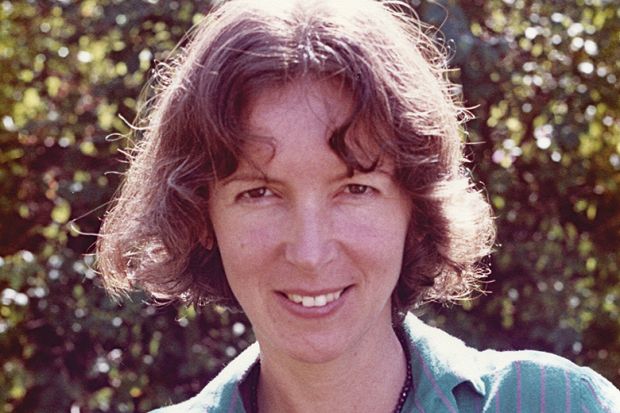A scholar whose interests ranged from childcare policies to political parties in the Third World has died.
Vicky Randall was born on 3 April 1945, the daughter of the sociologist Charles Madge, co-founder of the Mass Observation research organisation, and Inez Pearn, a novelist who wrote under the name of Elizabeth Lake.
She studied at King Edward’s School in Birmingham and went on to a degree in history at Newnham College, Cambridge (1964-67). She moved on to the London School of Economics for a master’s in Russian and Soviet politics (1968) and remained there for a PhD on decision-making in local government, although she combined this with teaching at what is now the University of Westminster.
For most of her career, however, Professor Randall was based at the University of Essex, latterly as professor of politics, until she retired and became emeritus in 2010. She made important contributions to the study of development in books such as Political Change and Underdevelopment: A Critical Introduction to Third World Politics (with Robin Theobald, 1985 and 1998) and an edited volume on Political Parties in the Third World (1998).
Later in life, she did also important work on the involvement of older people in political life. Yet she was most celebrated for shaking up the discipline of political science by introducing a far greater focus on gender issues. Her major books included the undergraduate text Women and Politics (1982 and 1987), Contemporary Feminist Politics (with Joni Lovenduski, 1993) and The Politics of Child Daycare in Britain (2000).
As well as through her own writings, Professor Randall played a crucial institutional role in transforming her discipline. She helped to found the Women and Politics Group within the Political Studies Association, served as the PSA’s chair between 2008 and 2011 and received a Special Recognition Award in 2012. Equally important was her notable generosity in mentoring younger scholars.
Sarah Childs, now professor of politics and gender at Birkbeck, University of London, was partly inspired by Professor Randall’s work and personal encouragement to do a master’s and then a PhD in women’s studies. Amid the sadness at Professor Randall’s death, she said, she looked forward “to raising some bubbles [to] one of the pioneering generation of women and politics scholars who made our community strong, re-gendered our profession and taught those of us from the next generation how we should support those that come after us”.
Professor Randall died of cancer on 22 November and is survived by her husband Paul Long, a son and a daughter.




